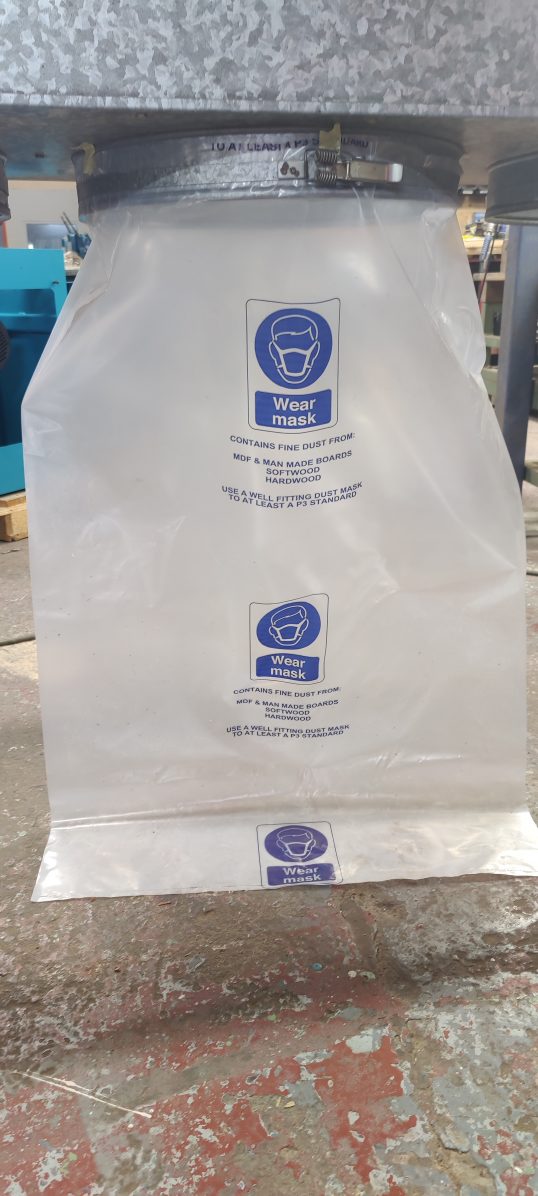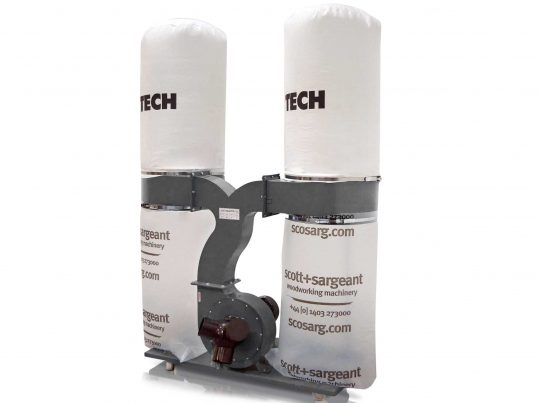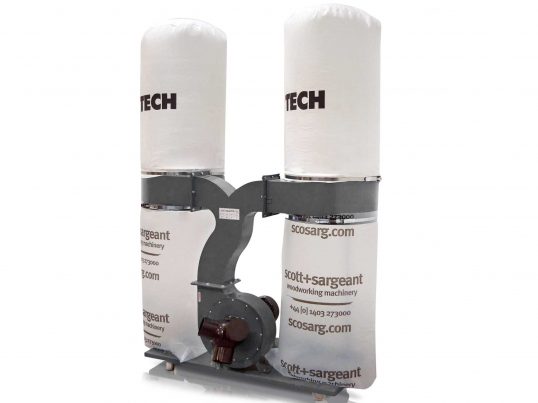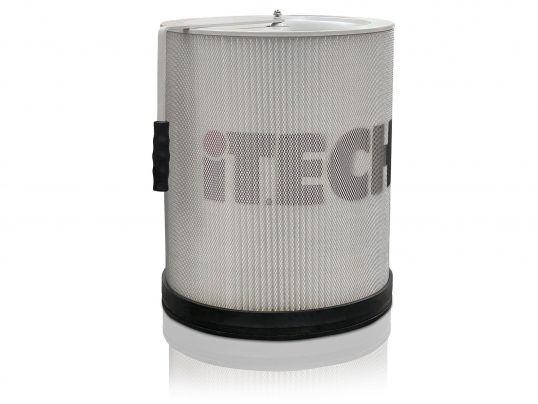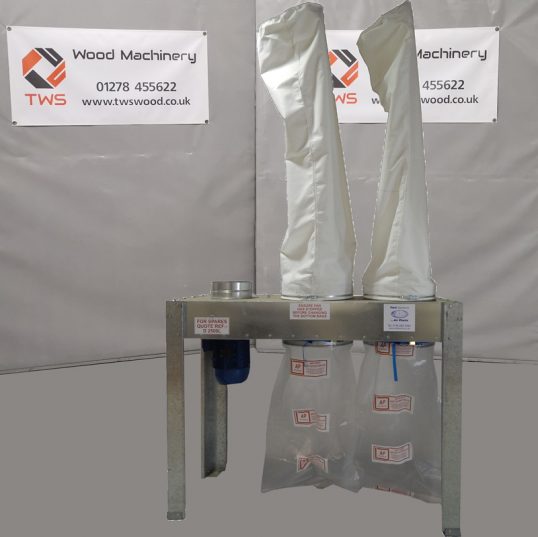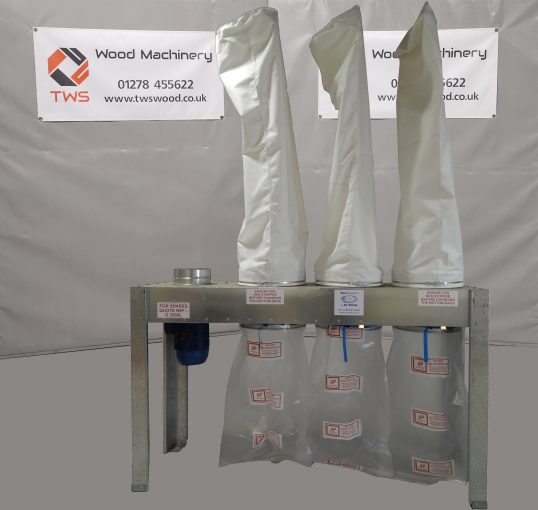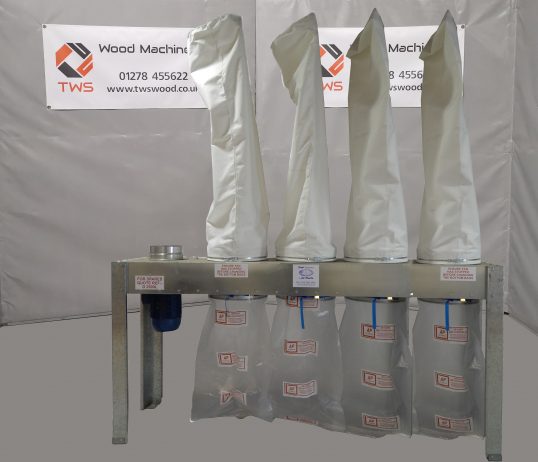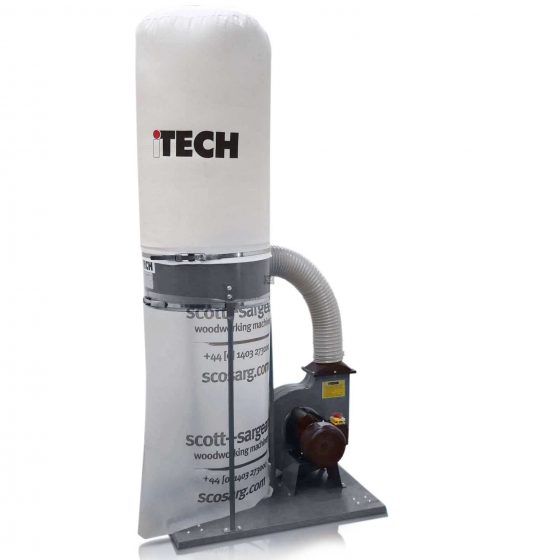Dust Extraction: Essential for Safe and Efficient Woodworking
When it comes to woodworking, having a reliable dust extraction system is crucial for both safety and the quality of your work environment. Dust extraction refers to the process of removing dust particles and debris generated during woodworking tasks, ensuring clean air and a tidy workspace.
Why Dust Extraction is Important
In woodworking, sawdust and fine particles are inevitable, but they pose significant health and safety risks. Without proper dust extraction, airborne dust can lead to respiratory issues, fire hazards, and damage to your tools over time. A good system helps:
Improve air quality by capturing fine particles.
Keep your workshop cleaner and safer.
Enhance the lifespan of your tools by preventing dust buildup.
Ensure better finishes on wood by reducing contamination.
Types of Dust Extraction Systems
There are various dust extraction systems available to suit different woodworking environments:
Single-stage extractors: Ideal for smaller workshops, these systems collect dust in a bag or canister.
Two-stage extractors: Suitable for larger spaces, they use a separator to collect larger debris before filtering finer dust particles.
Portable extractors: These are convenient for mobile use or small-scale operations, allowing easy movement between workstations.
Choosing the Right Dust Extraction System
Selecting the best dust extraction system depends on the size of your workshop and the type of machinery you use. Some considerations include:
Capacity: Ensure your system can handle the volume of dust produced by your tools.
Filtration: High-quality filters are key for trapping fine particles, especially for health-sensitive areas.
Noise level: Choose a model that operates quietly, particularly for smaller or shared workshops.
Key Features to Look for in a Dust Extractor
When investing in a dust extractor, consider:
Filter efficiency: HEPA filters are highly effective at capturing tiny dust particles.
Airflow: Measured in CFM (cubic feet per minute), higher airflow ensures better dust capture.
Portability: If your work area changes, a portable dust extraction unit is more convenient.
Why Dust Extraction is a Must for Woodworking
Investing in a quality dust extraction system not only enhances the cleanliness of your workspace but also significantly improves safety and overall productivity. Clean air and a clutter-free environment allow for more precise work and extend the lifespan of your woodworking tools.

